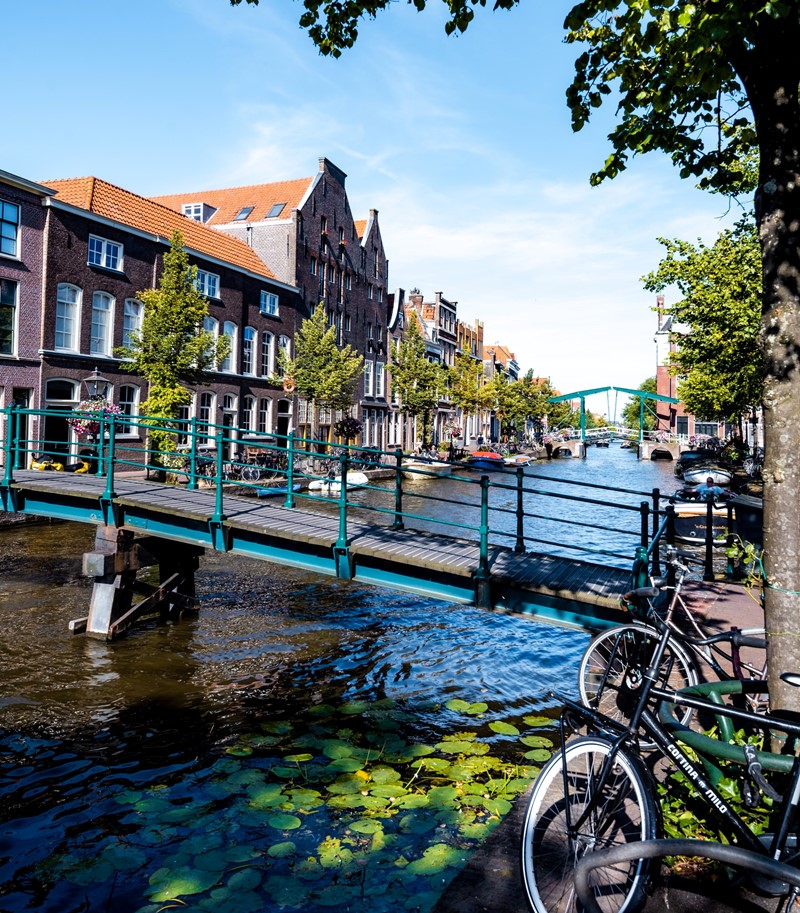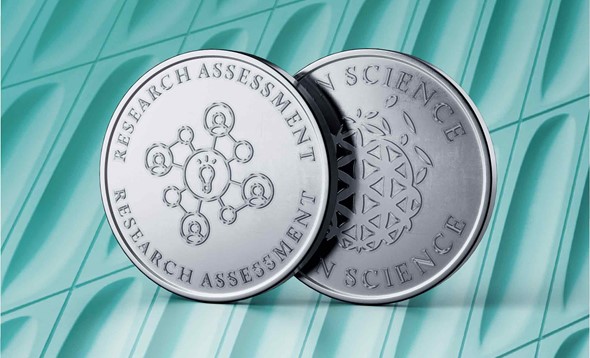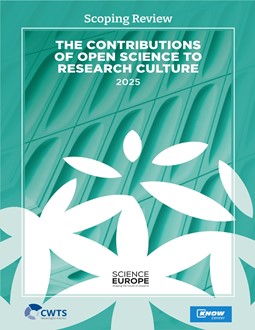
-
Share on
Science Europe Contribution to ESOF 2022
Science Europe will contribute to the EuroScience Open Forum (ESOF) 2022 with sessions on several key topics: the green and digital transition, research careers, open science, and the reform of research assessment systems.
Held from 13 to 16 July in Leiden, the Netherlands – this year’s European City of Science – the 10th edition of ESOF deals with the overall theme ‘Crossing borders, engaged science, resilient societies’ and attempts to answer the questions how science will be conducted in the future and how it can enhance its role as a ‘transformative agent’ for societal change.
ESOF is the largest biennial interdisciplinary meeting on science and innovation in Europe, for and with society. Created by EuroScience in 2004, its format involves the organisation of a conference that aims to provide stimulating content and lively debate around the latest advances and discoveries in the sciences, humanities and social sciences.
Science Europe has participated in ESOF since 2012, and will contribute to this edition as well. More information about ESOF2022 can be found on the conference website and registration for both physical and online participation is now open.
Science Europe will participate in the following sessions:
14 July 14.00–15.15 | CEST Research assessment reform - what does good look like? (hybrid)
Venue: Hybrid - Lorentz stage (KOG)
Speakers
- Karen Stroobants (Marie Curie Alumni Association)
- Kostas Glinos (European Commission)
- Stephane Berghmans (European University Association)
- Kim Huijpen (Programme Manager Recognition & Rewards, VSNU)
- Lidia Borrell-Damián (Science Europe)
This interactive session, organised by Marie Curie Alumni Association, will explore current thinking from stakeholders across the research landscape on goals and anticipated outcomes of research assessment reform.
14 July from 15h45 to 17h CEST | The Rights Retention Strategy: Academic freedom and responsibility for researchers (virtual)
Speakers
- Simone Rehm (University of Stuttgart)
- Sally Rumsey (cOAlition S)
- Johan Rooryck (cOAlition S)
- Vinciane Gaillard (European University Association)
Moderator
- Lidia Borrell-Damián (Science Europe)
This session organised by Science Europe will focus on how researchers can effectively use the Rights Retention Strategy (RRS) and why it is in the interest of the entire academic community to do so. We will also explore how universities and other research performing organisations can integrate the RRS in their contracts and agreements with employees.
15 July from 11h15 to 12h30 CEST | How do research organisations foster a broader range of roles in research? (hybrid)
Venue: Kamerlingh Onnes Building
Speakers
- Frances Downey (UK Research and Innovation)
- Giorgio Chiarelli (Istituto Nazionale di Fisica Nucleare)
- James Morris (Science Europe)
- Miquel Marti Casanovas (Profesor en Universitat Politècnica de Catalunya)
- Noémie Aubert Bonn (University of Hasselt)
- Sean Sapcariu (Luxembourg National Research Fund)
On 25 November 2021, in parallel to a High Level Workshop on the topic, Science Europe presented a vision for research culture in the European Research Area. The goal of the session organised by Science Europe is to introduce the state-of-the-art and examine opportunities and key challenges around recognizing a broader diversity of roles in research. To do this, we propose an interactive, fast-paced session with a focus on gathering input from the ESOF community on what actionable changes can be made by research organizations.
15 July from 17h15 to 18h30 CEST | Engaging Researchers in the Net-Zero Transition (virtual)
Speakers
- Tim Bedford (University of Strathclyde, Glasgow, UK)
- Melissa Brown Goodall (University of Pennsylvania, US)
- Guillermo Cisneros Pérez (Universidad Politécnica de Madrid, Spain)
- Daniela Jacobs (Climate Service Centre of Germany)
- Mikael Östling (KTH Royal Institute of Technology, Stockholm, Sweden)
Moderator
- Nicola Francesco Dotti (Science Europe)
This session organised by Science Europe aims to discuss how to engage researchers to achieve the Net-Zero Transition. To navigate the complex challenge of reducing emissions of research activities and universities, the promoters propose to adopt a systems-thinking approach engaging the different research and education communities. The proponents want to lead by example, presenting their practices and calling other research organizations to join this international, collective effort.















